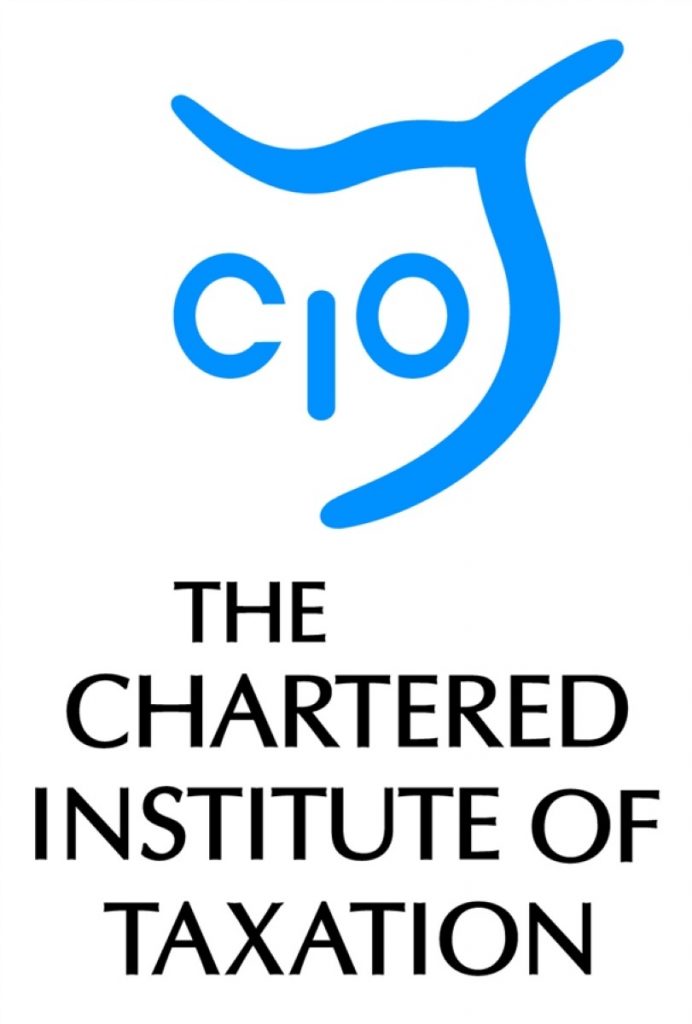Expenses crackdown must be balanced by protection for individual workers, says tax charity
The Low Incomes Tax Reform Group (LITRG) is calling on HMRC not to pursue individual workers for underpayments arising from their involvement in arrangements between engagers of their labour and intermediaries, such as umbrella companies.
LITRG is responding to HMRC’s consultation on restricting tax relief for travel and subsistence for workers employed through employment intermediaries2. At present a worker may receive a part of his pay from the employment intermediary on the basis that it is reimbursement for tax relieved travel and subsistence expenses so the worker receives the gross amount without any deduction of income tax or national insurance. HMRC’s proposals will restrict such relief in most circumstances, meaning that income tax and national insurance will be expected to be paid on the ‘expenses’ payments.
Anthony Thomas, Chairman of LITRG, said: “It is our experience that claims for such relief are prone to abuse. HMRC investigate the claims and establish that the payments for travel and subsistence are not eligible for relief; HMRC then often seeks to recoup the resultant tax underpayments from the worker rather than from the intermediary or engager of their labour.
“We want it explicit in the new legislation that individual workers can no longer be pursued for tax underpayments arising in these circumstances, principally because they too often get caught up in complex employment triangles, involving employment intermediaries and employment agencies, which are not of their choice, liking or understanding.”
LITRG’s research3 has found that the people most affected by arrangements involving intermediaries tend to be low-skilled with low levels of educational achievement. The complexity of such arrangements makes them particularly vulnerable where tax relief is over-claimed by intermediaries operating their pay.
Anthony Thomas said: “We believe that both the company where they are working at any one time and the employment intermediary should be targeted for any clawback. The company and intermediary should be jointly and severally liable for any inaccuracies and should be pursued for any debt.”
Anthony Thomas has called for a more radical change. He said: “The vast majority of individuals affected by the changes HMRC proposes are low paid. HMRC and the Department for Work and Pensions should consider an alternative means for assisting low-paid workers with work-related travel costs to mitigate any effect the changes will have on a claimant’s benefit and tax credit payments and provide some recognition for essential work travel costs. For example, an amount could be deducted for travel when calculating someone’s entitlement to tax credits or Universal Credit. This is vital when an individual’s benefits can be restricted or stopped if they refuse employment.
“It is essential that any changes do not affect the current relief for expenses incurred in the normal course of an employee’s duties. In particular, such relief must continue to be available for employees who pay such expenses personally out of their wages rather than receiving reimbursement from their employer.”
Notes to editors
1. LITRG’s submission on HMRC’s consultation document ‘Employment Intermediaries and Tax Relief for Travel and Subsistence’ can be viewed here. Changes are due to come into effect in April 2016.
2. The Government is proposing to remove tax relief for home to work travel and subsistence expenses for workers who are i) supplying personal services, ii) engaged through an employment intermediary (e.g. umbrella companies and personal service companies) and iii) subject to supervision, direction or control of any person.
3. Chapter three of LITRG’s report, ‘Travel expenses for the low-paid – a time for a rethink?’ sets out its research which found that the majority of workers who are affected by arrangements involving employment intermediaries tend to have low to medium skills, are predominantly from younger age-groups and that minority ethnic groups are over-represented in terms of agency working. There is also a correlation between low educational achievement and those in lower paid temporary or agency work. The report can be viewed here.
4. Low Incomes Tax Reform Group
The LITRG is an initiative of the Chartered Institute of Taxation (CIOT) to give a voice to the unrepresented. Since 1998 LITRG has been working to improve the policy and processes of the tax, tax credits and associated welfare systems for the benefit of those on low incomes.
5. Chartered Institute of Taxation
The CIOT is the leading professional body in the United Kingdom concerned solely with taxation. The CIOT is an educational charity, promoting education and study of the administration and practice of taxation. One of our key aims is to work for a better, more efficient, tax system for all affected by it – taxpayers, their advisers and the authorities. The CIOT’s work covers all aspects of taxation, including direct and indirect taxes and duties. Through our Low Incomes Tax Reform Group (LITRG), the CIOT has a particular focus on improving the tax system, including tax credits and benefits, for the unrepresented taxpayer.
The CIOT draws on our members’ experience in private practice, commerce and industry, government and academia to improve tax administration and propose and explain how tax policy objectives can most effectively be achieved. We also link to, and draw on, similar leading professional tax bodies in other countries. The CIOT’s comments and recommendations on tax issues are made in line with our charitable objectives: we are politically neutral in our work.
The CIOT’s 17,500 members have the practising title of ‘Chartered Tax Adviser’ and the designatory letters ‘CTA’, to represent the leading tax qualification





-01.png)